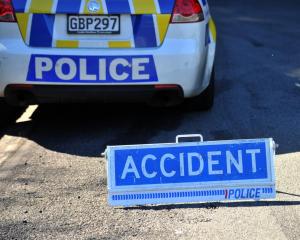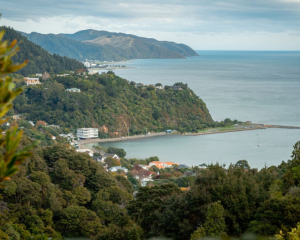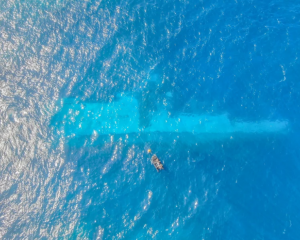Oil and gas industry groups say they are not expecting a surge in fracking even though the process has been given a qualified tick by the government's environmental monitor.
The Petroleum Exploration and Production Association welcomed the findings but said it would be business as usual, meaning hydraulic fracturing would be used sparingly given the high cost.
An interim report by Parliamentary Commissioner for the Environment Jan Wright found hydraulic fracturing, known as fracking, could be done safely in New Zealand if well managed.
She said regulations could need to be strengthened, and explorers had not yet gained the trust of the public by demonstrating they had a "social licence" to operate. Fracking has been used at onshore wells, mainly in Taranaki, for the past 23 years.
Each well costs around $30 million to drill, and where needed each fracking operation cost between $5 million and $7 million.
So far this year, three wells had been fracked 11 times.
Pepanz chief executive David Robinson said explorers preferred conventional resources where gas or oil flowed by itself but the ability to stimulate tight gas opened up potential in large areas of the country.
Fracking helps release natural gas and oil by pumping large volumes of mainly water and sand at high pressure through a wellbore into deeply buried gas-bearing rock.
"Business has been carrying on as normal so it's not as if you're going to see a whole heap of opportunities now that the report's come out."
Wright raised concerns about fracking on the East Coast, an area targeted by TAG Oil.
"Given that the area is particularly seismically active, what are the implications for well integrity and the injection of wastewater?" she asked.
Robinson said: "If the industry is to expand into any other areas consultation and engagement with communities is critical. We have to do that, we know we have to earn a social licence to operate."
Todd Energy chief executive Paul Moore said the regulatory framework provided by the Taranaki Regional Council was consistent with industry leading practice.
"The [interim report] contributes to public understanding of this important issue and provides a clear and concise analysis of hydraulic fracturing in New Zealand. We look forward to receiving the final report."












